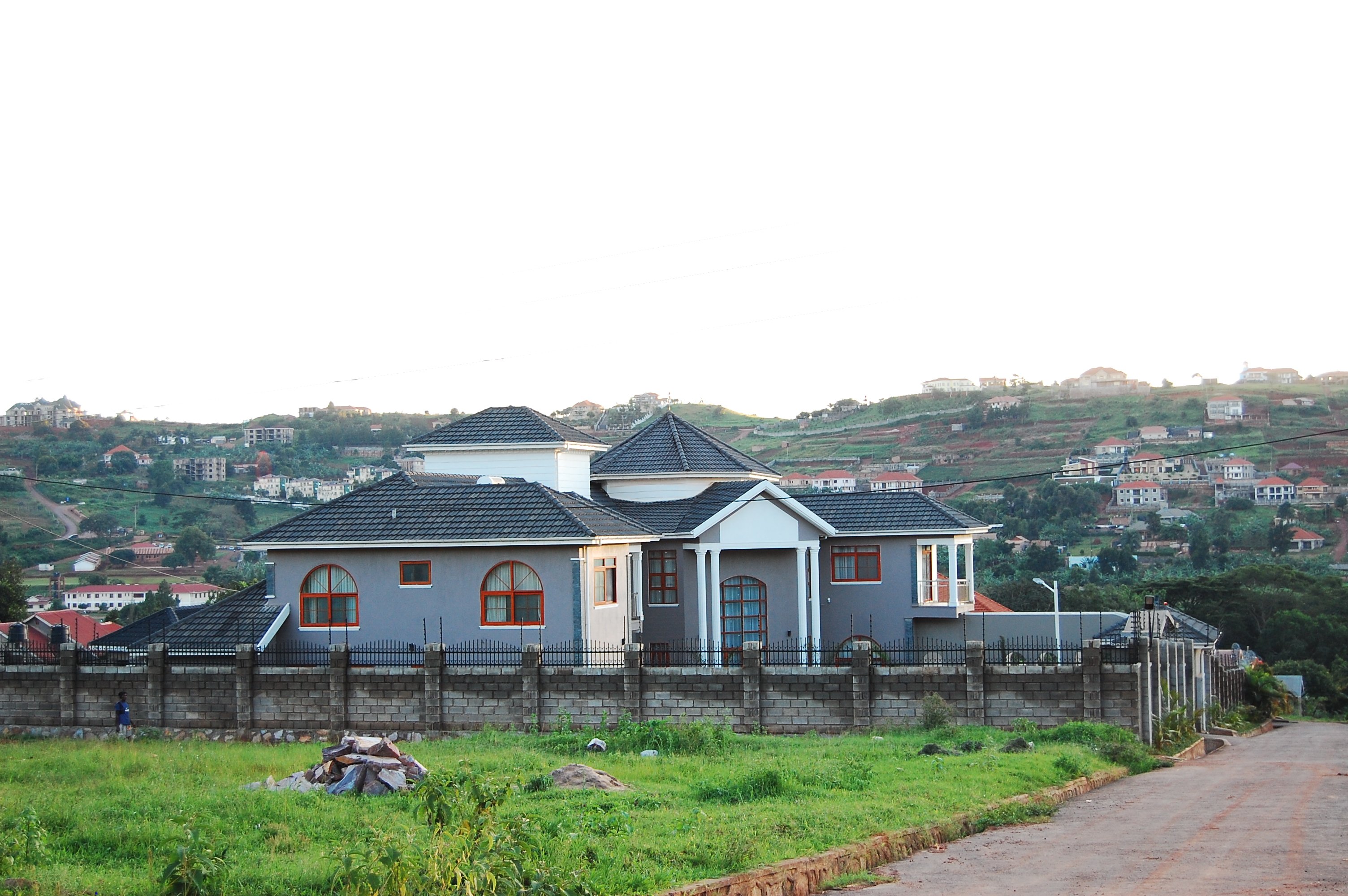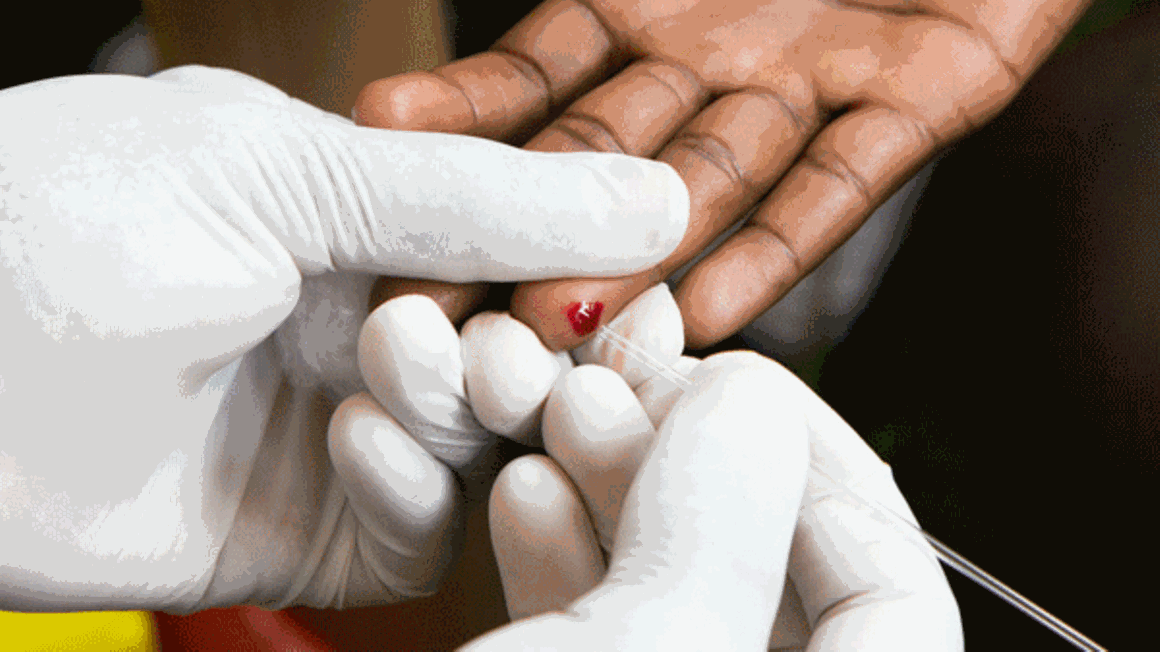Prime
We continue to engage World Bank, says Kasaija

Mr Matia Kasaija
What you need to know:
- Finance Minister Kasaija says Uganda and the World Bank have understood each and continue to work together on different aspects
Finance Minister Matia Kasaija has said government is talking to World Bank on a number of issues, emphasising that Uganda was still on good talking terms with the global lender even after it suspended new lending to Uganda over the Anti-Homosexuality Act.
Responding to questions during the signing of a $30m (about Shs112b) development loan advanced to Uganda by the Saudi Fund for Development, Mr Kasaija said Uganda would continue to engage the World Bank, noting that the relationship between the two was still strong.
He was responding to a question on how government was engaging with the World Bank to resolve a decision in which the global lender last month suspended new loans to Uganda over declining tolerance for some human rights after President Museveni signed the Anti-Homosexuality Act.
“We are on very good talking terms. We are working very well together [Uganda and World Bank]. We have understood each other,” Mr Kasaija said, declining to go into more specifics.
It was not immediately clear if government had started to engage the World Bank on the loans suspension.
However, while responding to the World Bank’s announcement to suspend new loans to Uganda, President Museveni had indicated that government would continue to engage the global lender over the issue, but noted that whereas foreign aid and loans were welcome, they were “neither decisive nor indispensable elements for our desired social-economic transformation”.
At the signing of the $30m (Shs112b) loan, Mr Kasaija said government continues to source funding from different financiers, noting that Shs112b loan was part of the $73m (Shs271.9b) money required to finance the construction and equipping of the Uganda Heart Institute.
Health Minister Jane Ruth Aceng, said the project had already got funding from the Arab Bank for Economic Development and OPEC Fund for Development, which had each committed $20m (Shs74.5b) while government had committed $3m (Shs11.1b).
Government continues to rely on loans for development financing amid rising budget shortfalls resulting from a decline or stagnated tax revenues.
Mr Sultan Al-Marshard, the Saudi Fund for Development chief executive officer, said the project was part of the larger plan to strengthen Uganda’s healthcare system and bettering the lives of Ugandans.
“We are committed to supporting sustainable development … in key sectors such as health. This loan agreement will play a major role in supporting Uganda’s healthcare sector and helping to prevent heart diseases,” he said.
Over the past four decades, the Saudi Fund for Development has financed several projects to a tune of $81m (Shs301.7b) in Uganda including in energy, health, agriculture and education.
Uganda continues to cost heavily on heart related diseases due to inadequate facilities.
Currently, the Uganda Heart Institute has a capacity of 1,000 heart surgeries per year, which is far below the more than 5,000 cases that need operating per annum.
However, the new heart institute will see its capacity increased to more than 5,000 patients per annum, which would save the country more than $ 25m (Shs93b) lost due to heart surgeries abroad.




